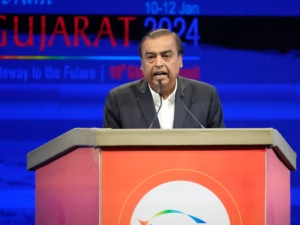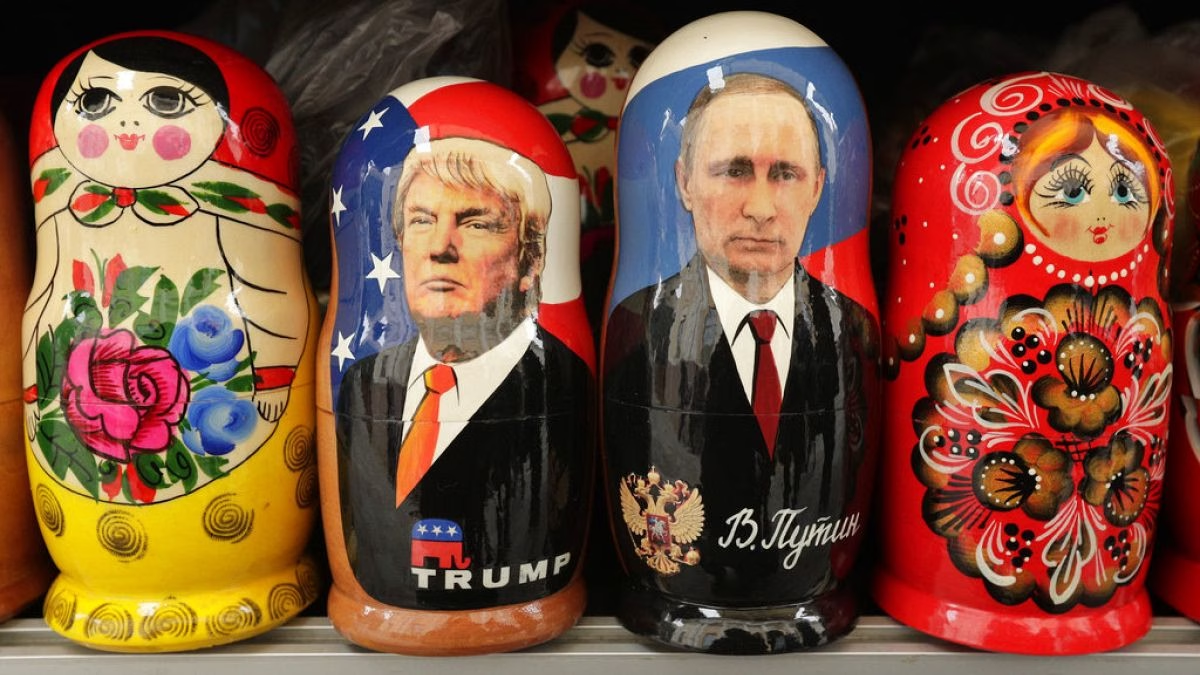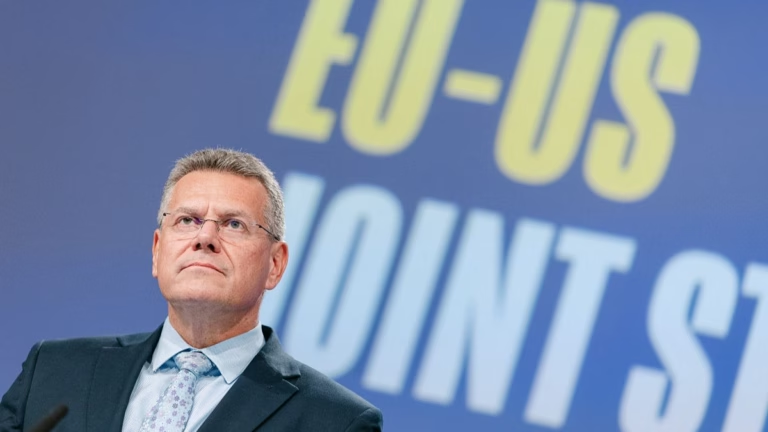The idea of spheres of influence, which experienced a dip in relevance at the end of the Cold War, has found its place back in the limelight with the return of Donald Trump and the ongoing conflict in Ukraine.
Are spheres of influence making a comeback on the international stage?
The concept may have lost relevance at the end of the Cold War, but it seems to be gaining interest once again with the return of Donald Trump to the White House and the continuing situation in Ukraine.
“Recent events have brought the concept of spheres of influence back to global discussions on geopolitics and security. Especially with the re-election of Donald Trump as the US President, this concept has gained more attention,” explains Iain Ferguson, an assistant professor at the Higher School of Economics (HSE) in Moscow, in an interview with Euronews.
A sphere of influence refers to a geographic area that a powerful nation considers as its own and exercises political, economic, and military control over.
The concept was formally introduced at the Berlin Conference of 1884-1885, where European colonial powers divided Africa without consulting any African nations regarding colonization.
However, its influence on international relations stretches back further, to when the United States implemented the Monroe Doctrine in 1823, condemning any European colonial involvement in Latin and North America.
Catalyst for conflict
It’s in Europe’s interest to prevent exclusive spheres of influence from forming, according to Sven Biscop, director of the Europe in the World program at the Egmont Institute.
“The immediate threat of a sphere of influence is that it blocks others from resources and trade. For Europe, this is a concern since we are an export economy and need to import most of our resources,” Biscop explains.
He believes that a global race among major powers to establish spheres of influence would heighten geopolitical tensions and increase the risk of conflict.
Russia, China, and the United States are all vying for influence. Although US President has threatened to annex Greenland and Canada, Biscop emphasizes that this is about territorial expansion, not spheres of influence.
“Russia seeks to establish an exclusive sphere of influence through military means, and it is also pursuing this goal internationally,” he added.
“China is cleverly extending its influence worldwide, primarily through economic and political strategies. However, this could only form an exclusive sphere of influence if other players, including the European Union, abandon these countries to China, which isn’t the case,” he stated.
According to Biscop, the resurgence of spheres of influence is not being observed on a global scale.
“Many countries in Africa, Asia, and Latin America aim to maintain good relations with multiple major powers, including China, the United States, and the EU. So, in a way, it’s the exact opposite of exclusive spheres of influence,” Biscop noted.
For the EU, enlargement represents a means to promote its values, but this does not equate to a sphere of influence, in Biscop’s perspective.
“Of course, enlargement enhances the power and influence of the European Union. But enlargement does not create a sphere of influence. If another state joins the Union, it becomes part of us. There shouldn’t be a sphere surrounding us. It would not be part of us,” he stated.
Spheres of influence “are back in geopolitical discussions in the 21st century. But it’s very difficult to see how this translates into concrete political reality on the ground,” concludes Iain Ferguson.







